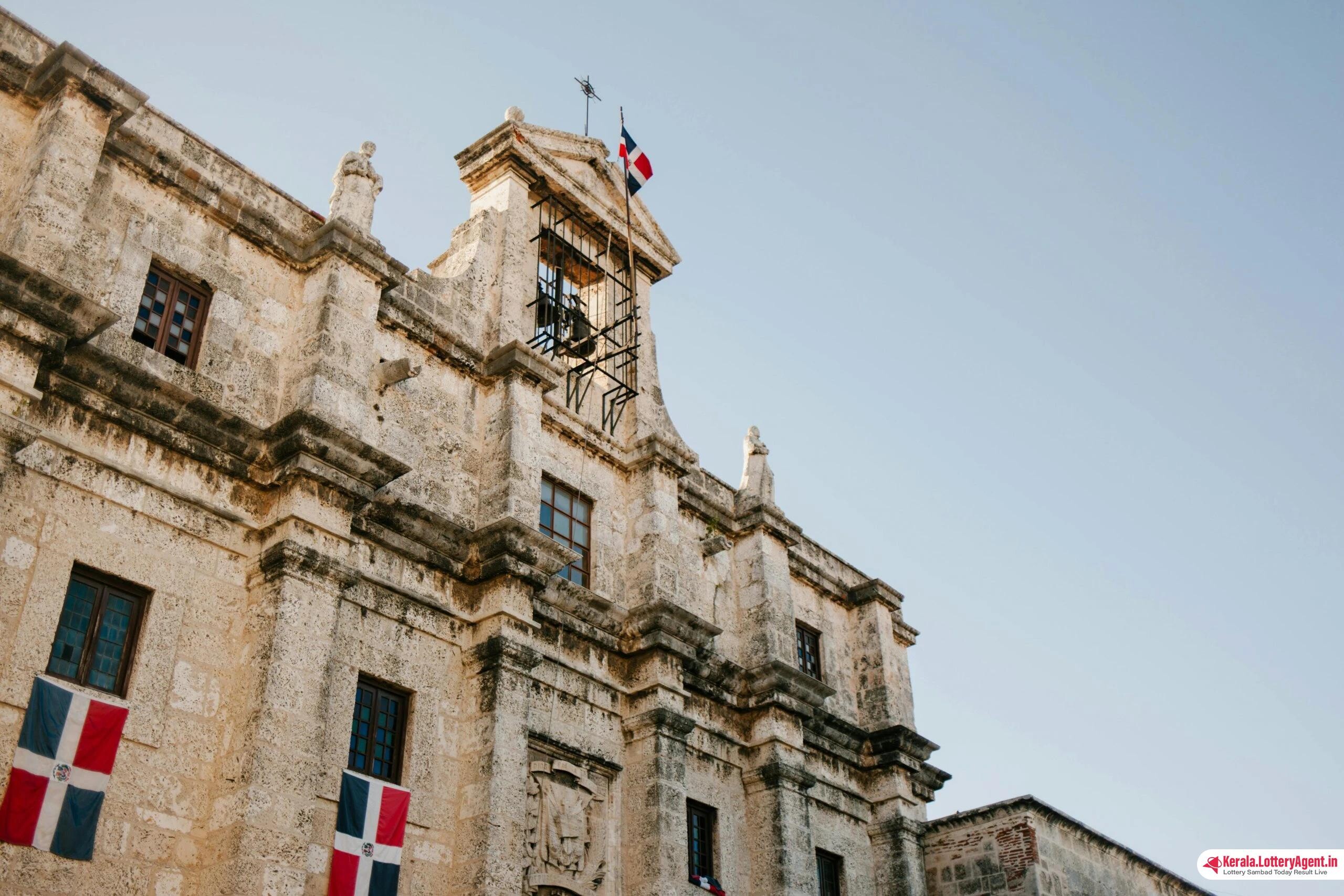
The Dominican Republic has taken a decisive step in framing the online gambling landscape within its jurisdiction. The nation issued Resolution 136-2024 on March 26, 2024, setting the stage for a newly regulated online gambling environment. This represents a significant shift from the previous situation, where laws existed but were largely ineffective in practice.
The resolution, now signed into law, entrusts the Dirección de Casinos y Juegos de Azar (DCJA), which falls under the Ministerio de Hacienda (Ministry of Finance), with the authority to issue licenses to online casinos and lotteries. With this implementation, only those operators possessing a license are authorized to function in the Dominican Republic, underscoring the government’s adherence to Law (Ley) 155-17, directed against Money Laundering and the Financing of Terrorism.
As part of the regulatory overhaul, the DCJA has announced a list of 41 operators that have been barred from providing services in the country. This list includes notable gambling entities such as Betway, Betsson, Interwetten, Betfair Colombia, Bet365, Mr. Green Casino, 888Sport, and William Hill. A significant mention is the inclusion of PokerStars, suggesting the expiration of the license previously acquired by its then-owner Amaya, which suggests that despite being the only licensed operation since 2011, its online activities are now subject to the same regulations as all other operators.
The DCJA highlighted the imperative of engaging in legal and responsible gambling to ensure the safety and fairness of betting activities. The directorate advised players always to verify an operator’s authorization through official channels and steer clear of unregulated gambling avenues.
Online gambling first became regulated in the Dominican Republic back in 2006, but until now, the market has not seen a comprehensive framework that truly addressed the practicalities of the industry. Through Resolution 136-2024, the country is now positioned to foster a more competitive regulated market, potentially increasing state revenues with the entrance of newly licensed operators.
The new law stipulates that each issued license will have a validity of five years and be non-transferable for the first three. License costs are set according to gaming categories—with $346,000 for a casino license, $260,000 for sports betting, and $170,000 for “other applications,” which is likely to encompass fantasy sports, poker, and bingo.
This announcement trails the initiation of the regulatory process articulated in the official letter of recommendation, DM-051-2024, dated February 28, 2024. After several iterations from June 2019 to March 2024, the resolution finalized with 36 pages, seven chapters, and 36 articles has been enacted by the minister of finance, Jose Manuel Vicente.
Although the resolution does not specify taxation, the expectation is that online operations might be aligned with the land-based casino gross gaming revenue rate of 29% set by the previous law (Ley 139-11).
For foreign operators eyeing entry into the Dominican market, there are procedural prerequisites to fulfill: registration with the local Commercial Register at the chamber of commerce and production (Registro mercantil), the office of National Contributions (RNC), and the General Directorate of National Tax (DGII). Furthermore, all operators are mandated to register a ‘.do’ domain indicating the Dominican Republic, establish servers within the country, and initiate operations within six months of receiving their licenses.
This regulatory pivot by the Dominican Republic is a clear indication of the government’s intent to rein in the online gambling space, which up until now, has been somewhat adrift. It sets out a framework where operators are held accountable, and the interests of both the players and the state are safeguarded.












